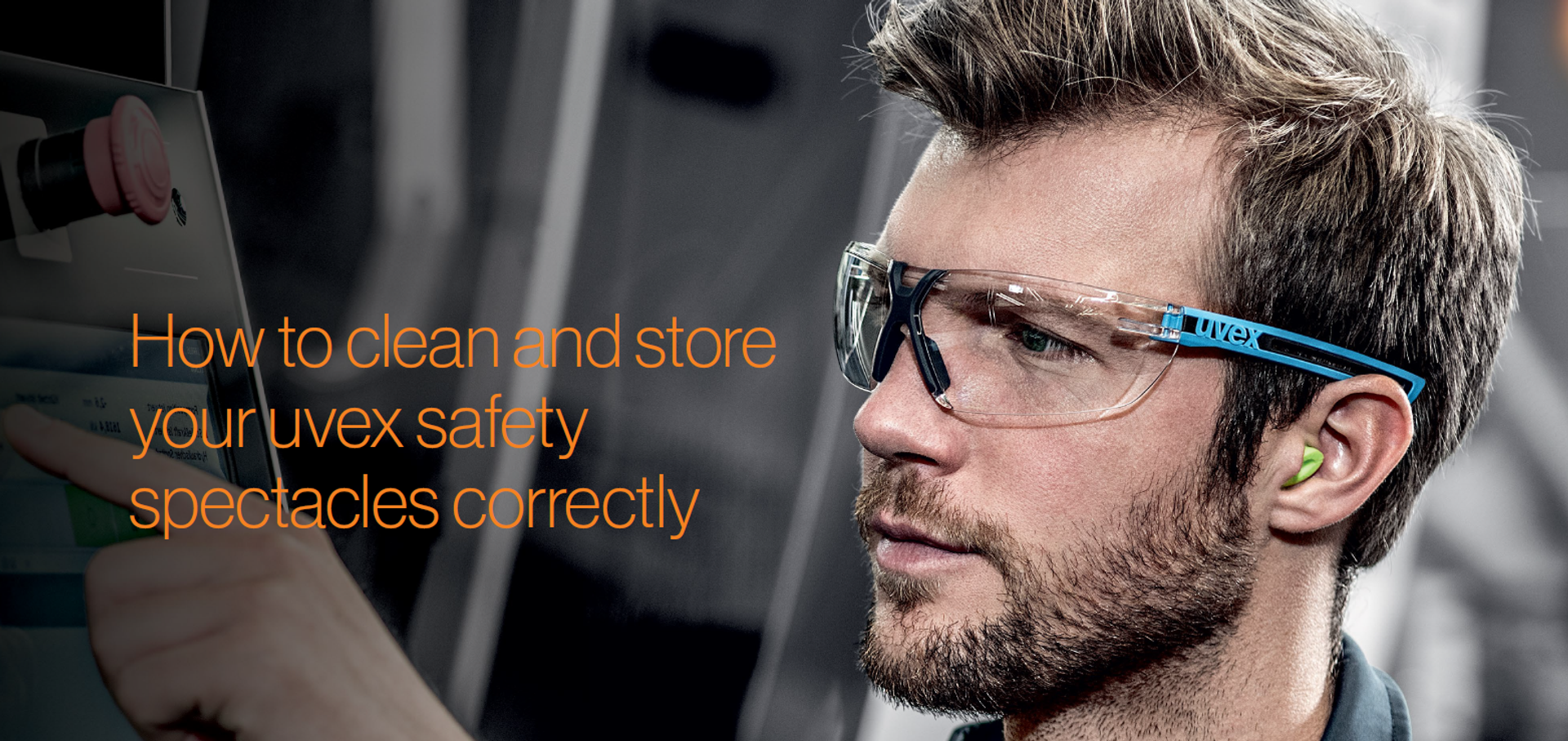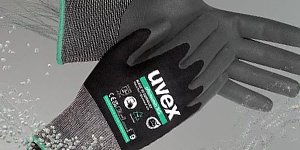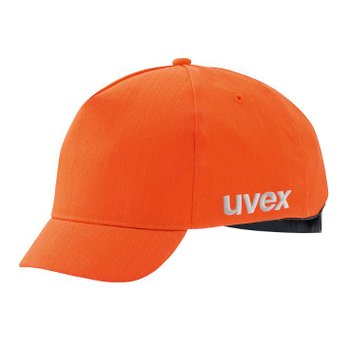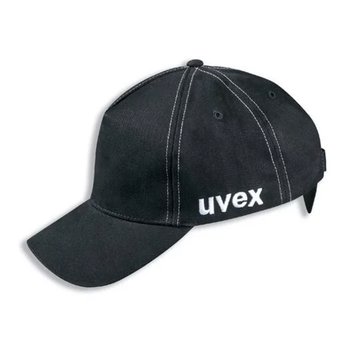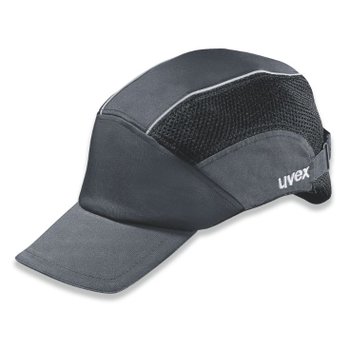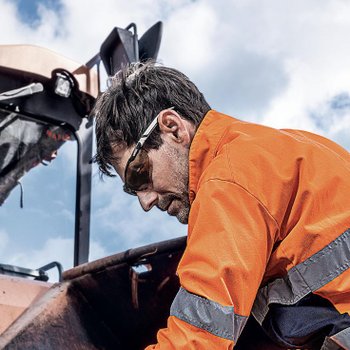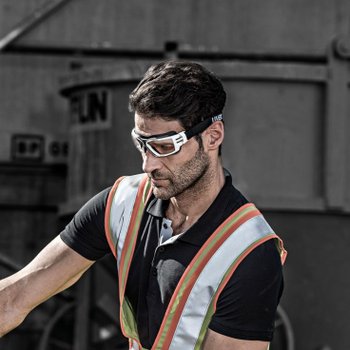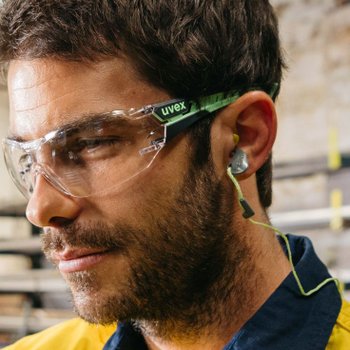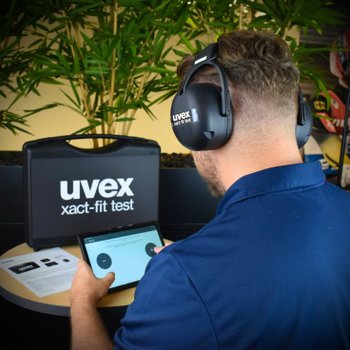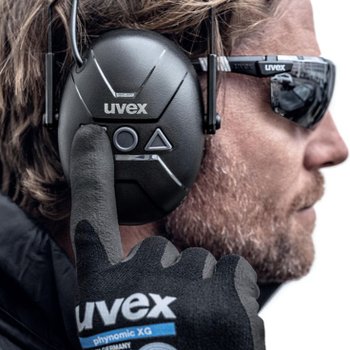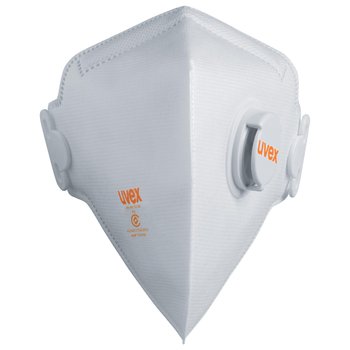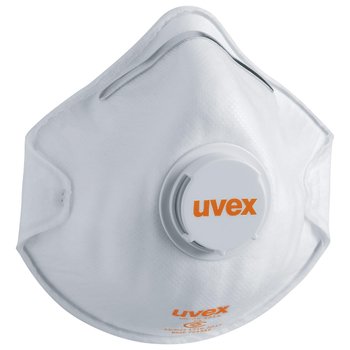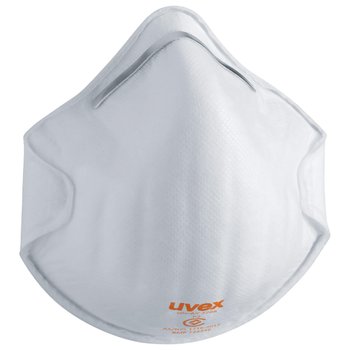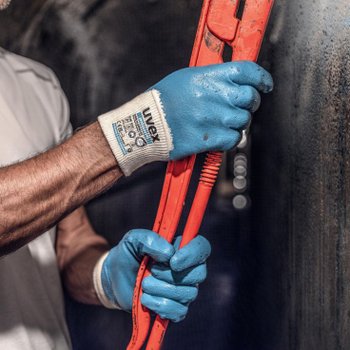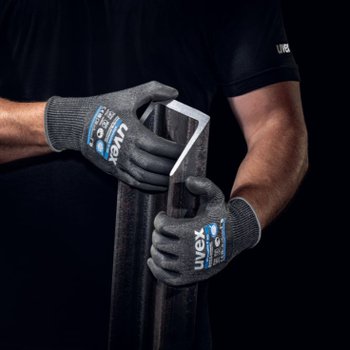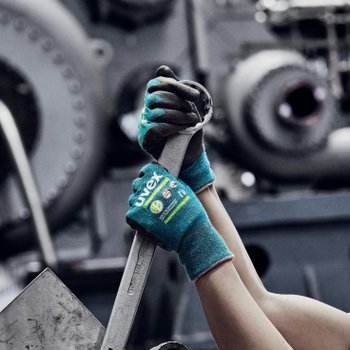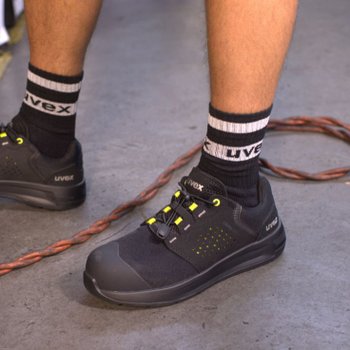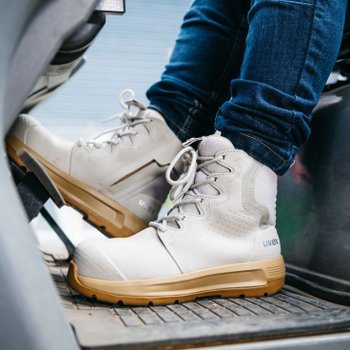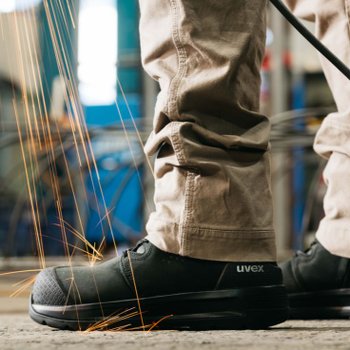How to clean your safety glasses?
Keeping safety eyewear clean and scratch free not only keeps workers seeing clearly, but it extends the life of the product as well, resulting in significant cost savings for companies.
Safety eyewear should be cleaned with extra care in order to prevent any kind of damage to its lenses. The number one reason for scratched lenses is improper lens cleaning and the second improper storage.
Follow the next tips to increase the longevity of your safety eyewear:
Safety Glasses Cleaning Tips

- Gently blow any loose dirt or debris from your lenses
Blow any particles off before wiping the lenses of your safety glasses, to avoid scratching.
- Cleaning under running water
Remove areas of rough dirt under running cold water. Wipe the lenses clean using a dry paper towel from the uvex cleaning station.
- Cleaning with the uvex cleaning station
Spray both sides of the lens with a generous amount of the cleaning solution. Take a uvex tissue and wipe the lens inside and out. Remember for best results use a continuous circular motion and never a back and forward rubbing motion.
- Cleaning with uvex cleaning towelettes
Using a moist uvex cleaning towelette gently moisten the lens. Wipe down all the dust from the lens in a circular motion.
- Storage of your safety eyewear
Before placing the eyewear inside the case, make sure to clean it using the steps described here.
After use, place the safety glasses in a microfiber pouch or in an eyeglass case. Never put unprotected safety eyewear in your pocket.
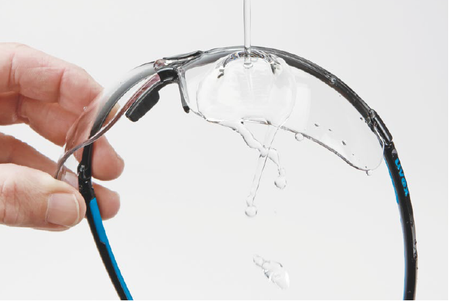
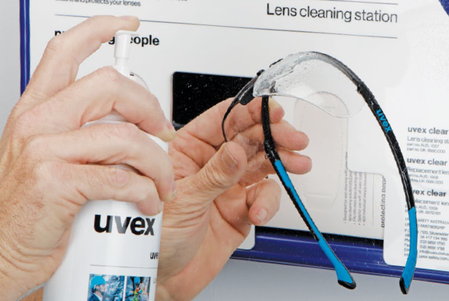
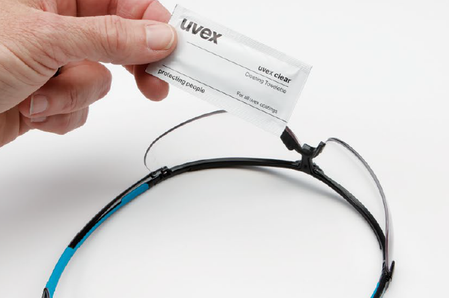

What you should not do:
DON’T use clothing, paper towel, napkins or facial tissue to clean your lenses. Most of these fabrics, are infused with abrasive fibres and debris. These fibres can easily scratch the lens and affect the level of vision.
DON’T use solvents or chemical cleaning agents! These types of cleaners contain chemicals that may remove your uvex eyewear’s lens coatings.
DON'T put your safety glasses down on the lenses, always on the frames.
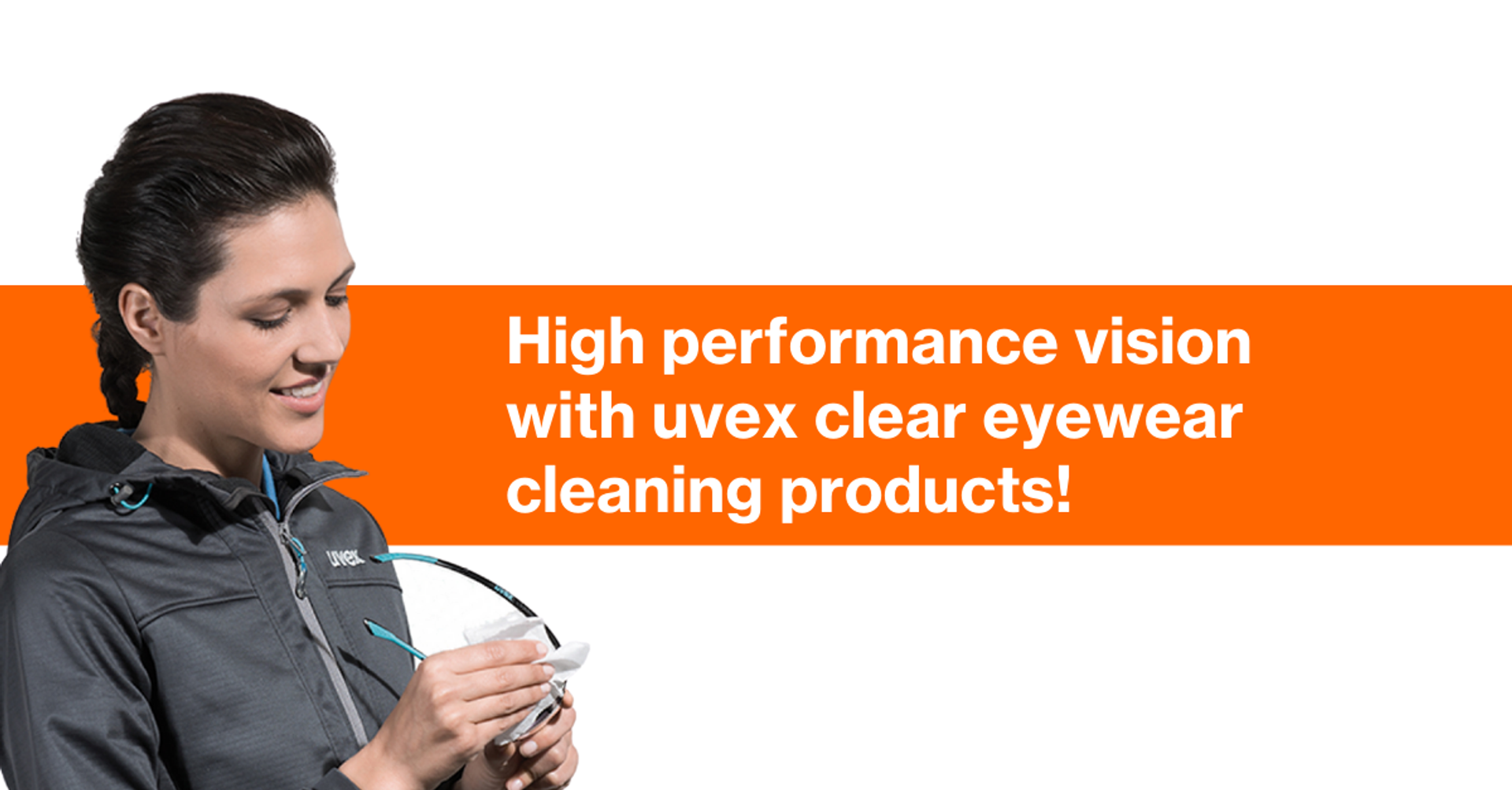
Products for Cleaning Your Safety Eyewear
Our practical cleaning station can be attached with a wall bracket wherever is convenient, enabling you and your staff to access it quickly. The lens cleaning fluid and cleaning tissues are suitable for all uvex safety eyewear. Remember, only use uvex cleaning products to clean the lenses on uvex eyewear. This is essential to preserve the performance of the uvex lens coatings.
To find out more about our range of eyewear accessories simply fill in our quick form and a member of our team will be in touch:
uvex lens cleaning station 1007

uvex disposable lens cleaning station 1012
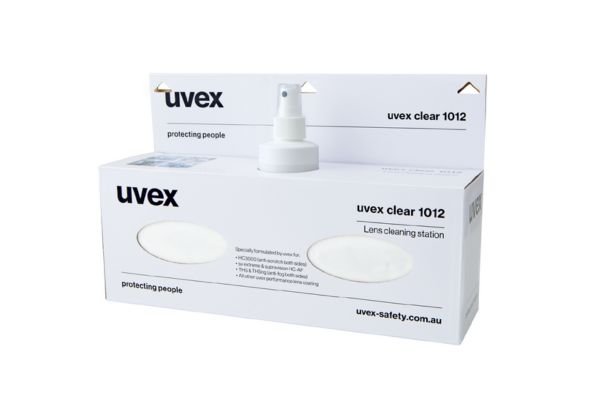
uvex lens cleaning tissues 1008
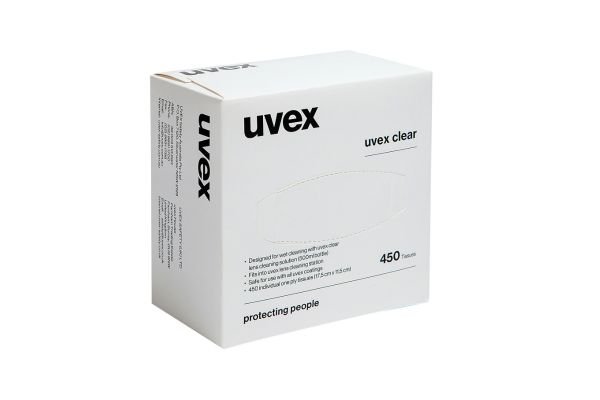
uvex lens cleaning fluid 1015 / 1009
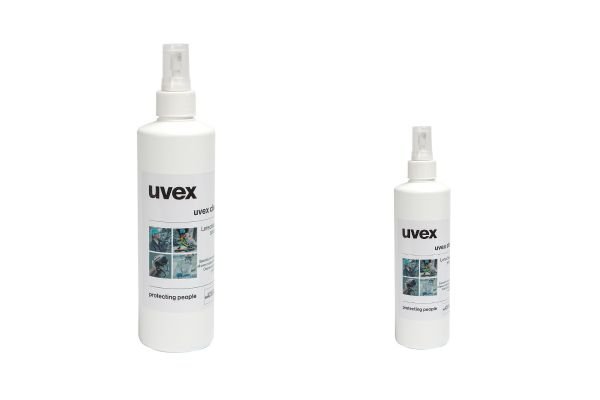
Lens protection & lens cleaning towelettes
Our proprietary coatings are chemically formulated to perform differently than any other coating on the market, so using standard, alcohol-based cleaner on them can cause damage. For this reason, we have created cleaning towelettes to ensure our uvex supravision coating technology continuously perform to the highest standard.
1005 and 1003 uvex lens cleaning towelettes are designed to be uses as a counter dispenser, wall mounted dispenser and or, fitted in uvex 1007 lens cleaning station (1005 only).
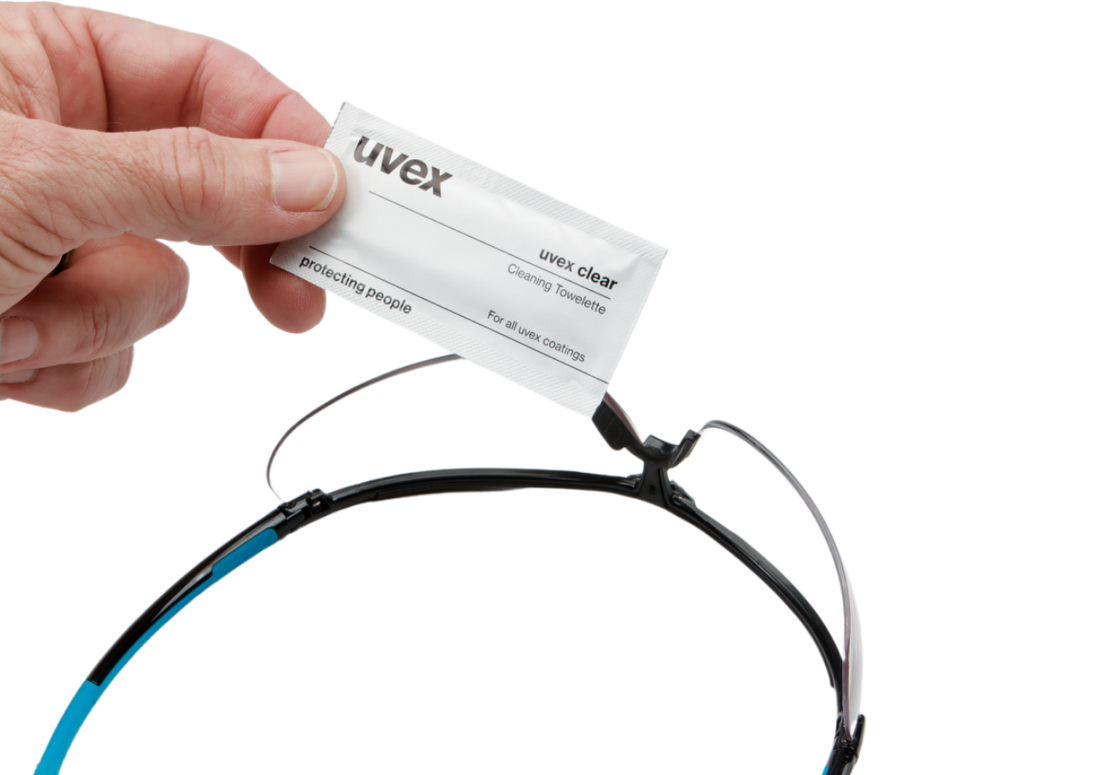
uvex lens cleaning towelettes 1005
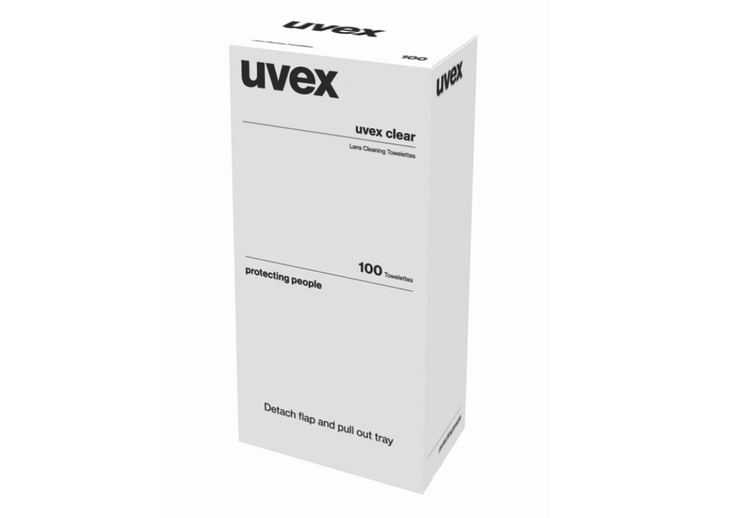
Box of 100 towelettes
uvex lens cleaning towelettes
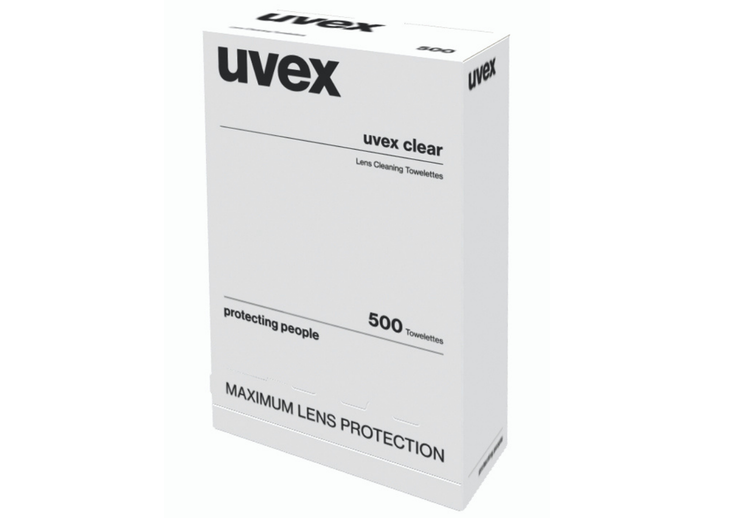
Box of 500 towelettes
Explore the uvex clear cleaning accessories
Prolong the life of your uvex safety eyewear by storing safely inbetween use. To store your safety eyewear correctly we offer a range of cases and polyester bags for both spectacles and goggles, as well as neck cords to keep your eyewear within easy reach.
uvex lens tinting advisor

We offer lens tinting solutions for every light environment. Our new digital lens tinting advisor helps you find the perfect tinting for your application.
Which uvex lens coating do I need?
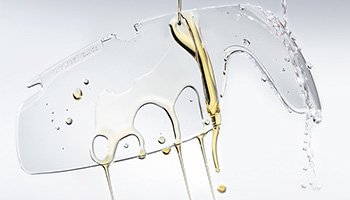
uvex lenses are coated to increase their efficacy and longevity, but which lens coating do you need for your work environment?
